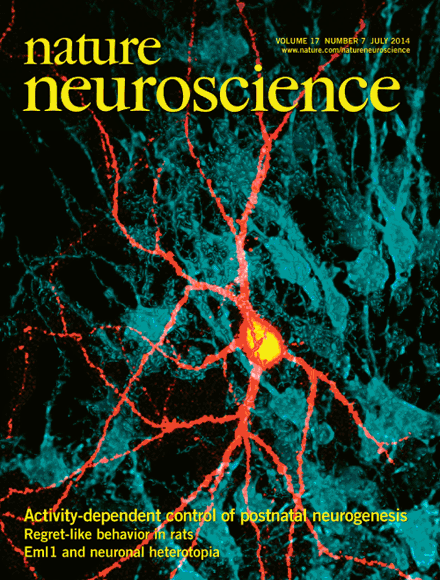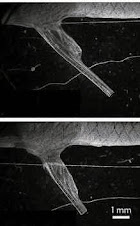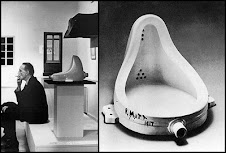First distant planet to be seen in colour is blue
Hubble Space Telescope measures visible light from an exoplanet.
Blue gas giant.- By observing exoplanet HD 189733 b
before, during and after it disappeared behind its host star,
astronomers were able to discover that its colour is a deep blue.
(Artist's impression.)
A navy-blue world orbiting a faraway star is the first exoplanet to have its colour directly measured. Discovered in 2005, HD 189733 b is one of the best-studied
planets outside the Solar System, orbiting a star about 19 parsecs away
in the Vulpecula, or Fox, constellation. Previous efforts to observe
the planet focused on the infrared light it emits — invisible to the
human eye.
Last December, astrophysicist Tom Evans at the University
of Oxford, UK, and his colleagues used the Hubble Space Telescope to
observe the planet and its host star. Hubble's optical resolution is not
high enough to actually 'see' the planet as a dot of light separate
from its star, so instead, the telescope receives light from both
objects that mix into a single point source. To isolate the light
contribution of the planet, Evans and his colleagues waited for the
planet to move behind the star during its orbit, so that its light would
be blocked, and looked for changes in light colour.
Nature News 11 July 2013















































































